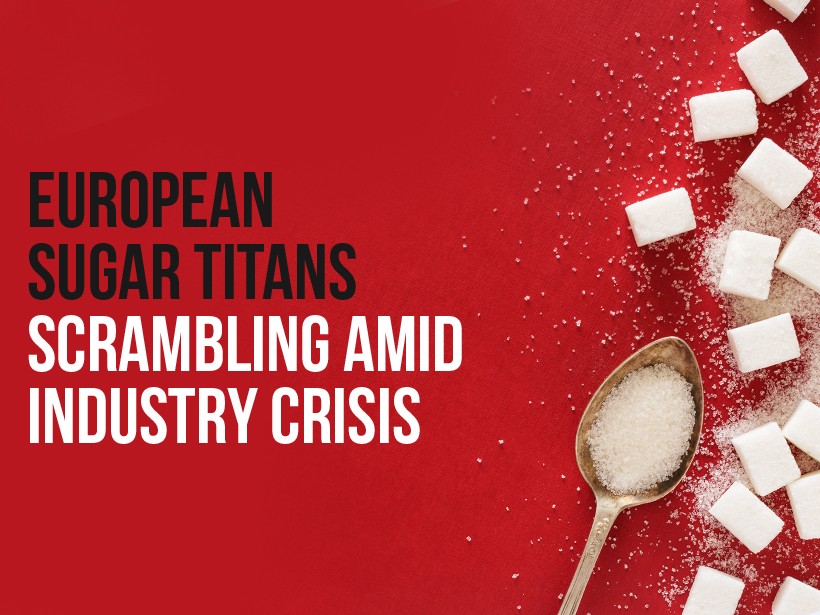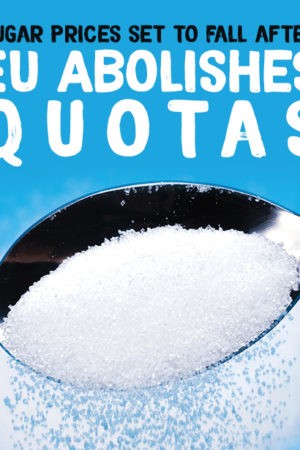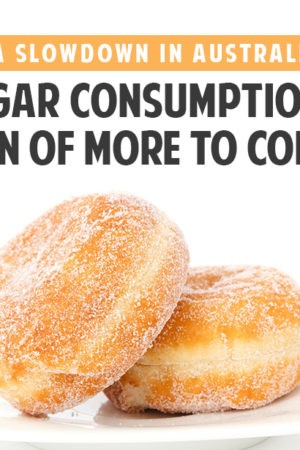Much has been written here and elsewhere on the sugar surplus threatening the future of the global sugar industry which, for decades, has profited from the steady increase in the amount of sugar included in our daily diets. The European industry, in particular, dominated by a handful of massive players, is suffering thanks to some badly-timed industry deregulation. These days, even the big names in the industry will admit that things just aren’t the way they used to be.
A year of bitter mistakes
Towards the end of 2017, the decision to abolish the 50-year-old limits on sugar production and end minimum prices in the European Union set off shockwaves across the continent and the world. As prices sank, big producers revved up their engines, and smaller refineries shut down. Here at SoNourished, we talked about the public health risks posed by cheaper sugar on the market.
As a result of this deregulation, over the course of the past year, the already heavily-consolidated industry became even more of an oligopoly. What we’re left with is a handful of major producers on the continent, in many cases just one or two from each country.1 These are companies like Suedzucker and Cristal Union from France, as well as British Sugar. What the E.U. regulators in Brussels did not foresee, however, was a lasting sugar glut in the global economy, one that would turn a manageable price dip into a sustained plummet that has thoroughly wiped out smaller competition and now threatens even those few companies at the top of the game.
Producers describe an industry tailspin
At conferences around the world, onlookers were treated to some nostalgic lamentations from those few titan producers. The “golden age” of the industry is dead, said a spokesperson from Cristal Union, France’s second largest producer, at the annual Dubai Sugar Conference.2 Suedzucker, the producer ahead of Cristal Union in France, announced the closure of two of its German plants as it restructures in order to adapt to the new market.
At the International Sugar Organization’s annual conference in London, the tone was the same. “Growers are finding beets are no longer the attractive crop it always was,” said Martin Todd, managing director at the leading agribusiness consulting firm LMC International.3 Beet growers contribute to the vast majority of sugar production in the E.U.
While the record-low price of European sugar does not bode well for public health, one can only hope that this year’s disaster will lead to a renewed interest from European officials in regulating its production. While taxes and obesity awareness campaigns have gone a long way in several European countries, a continent-wide effort to limit its ubiquity might help restore sanity to an industry suffering under the weight of its own bloated ambition.
NUTRITIONAL DISCLAIMER
The content on this website should not be taken as medical advice and you should ALWAYS consult with your doctor before starting any diet or exercise program. We provide nutritional data for our recipes as a courtesy to our readers. We use Total Keto Diet app software to calculate the nutrition and we remove fiber and sugar alcohols, like erythritol, from the total carbohydrate count to get to the net carb count, as they do not affect your blood glucose levels. You should independently calculate nutritional information on your own and not rely on our data. The website or content herein is not intended to cure, prevent, diagnose or treat any disease. This website shall not be liable for adverse reactions or any other outcome resulting from the use of recipes or recommendations on the Website or actions you take as a result. Any action you take is strictly at your own risk.
- California Pushes for Cigarette-Like Warning Labels on Soda - July 1, 2019
- Is a Slowdown in Australia's Sugar Consumption a Sign of More to Come? - June 24, 2019
- Groundbreaking Study Says the Sugar Rush Doesn't Exist - June 12, 2019































